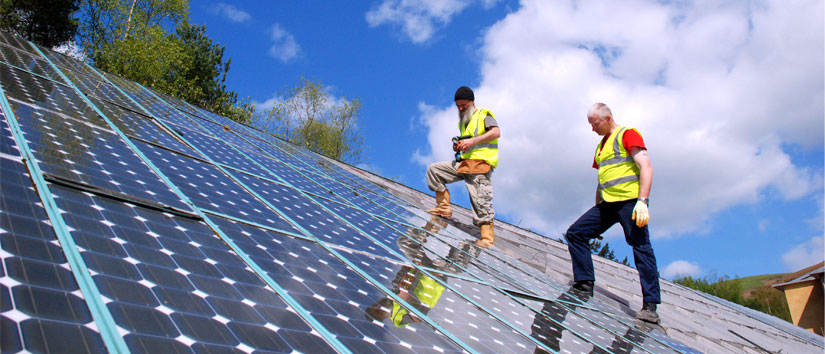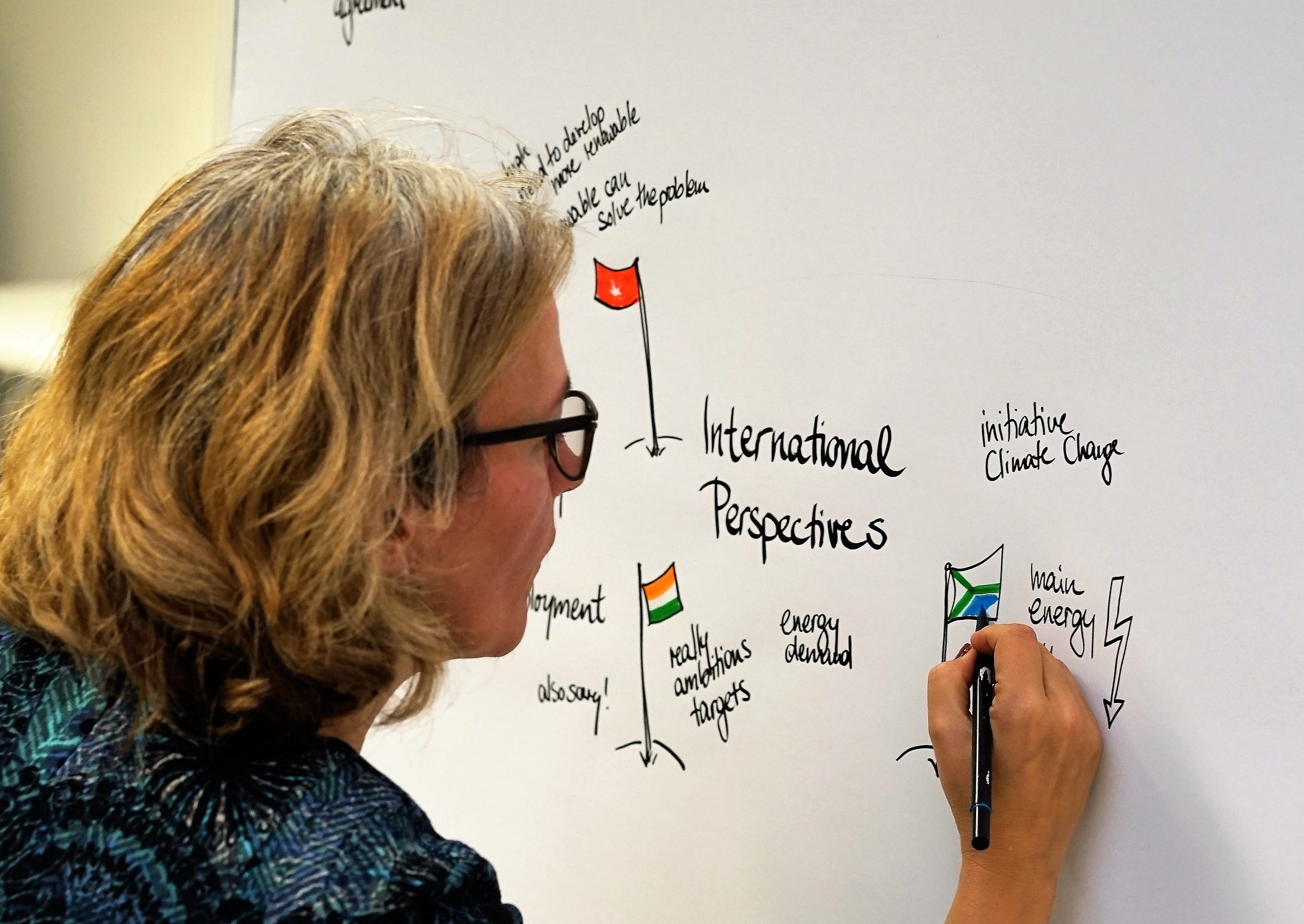
COBENEFITS Factsheet Germany
Factsheet: Soziale und wirtschaftliche Chancen der Energiewende [German]
Status quo energy policy
In 2000, Germany embarked upon a pathway to transform its energy system with the adoption of legislation to promote the so-called “Energiewende”. Efforts to reduce the country’s dependence on fossil fuel imports in the face of the 1970s oil crises, widespread popular resistance against nuclear power from the late 1970s onwards, and the emergence in the late 1980s of a broad social movement for sustainability and climate protection provided a solid foundation for this far-reaching initiative.
Building on these three phases, the Renewable Energy Act (2000) translated societal impetus into legislation, creating an environment that fostered public and private investment in renewable energy generation and granting citizens a direct stake in the transition to a cleaner energy system. In this fourth phase of the Energiewende, a number of enabling factors were put in place, which sparked rapid innovation and cost reductions in renewable energy technology and impressive growth of renewable energy capacity. Creating investment security, developing financing routines, and building trust with respect to renewable energy were crucial to the success of this endeavour.
With the Renewable Energy Act, Germany introduced two market innovations that opened up the electricity market and created investment security and business opportunities for all. Firstly, the legislation assured Independent Power Producers (IPPs) that they would be able to sell all of their generated electricity to the market by guaranteeing grid access and granting grid priority for these new producers. Secondly, the introduction of fixed feed-in tariffs for generated power for a period of 20 years made the return on investment calculable and reliable. This, in turn, also motivated financial institutes to provide IPPs with loans to start their businesses. Long-term national targets for renewable energy capacity also sent important signals about the scope of this new sector and its expected growth.
Providing loans for solar PV rooftop facilities and other renewable energy projects has since become routine for German banks. But the financing models and processes required did not emerge overnight; they are closely connected to the specific characteristics of the national banking sector and required active learning on the part of both financial institutes and IPPs.
Energy-related Challenges and Opportunities
In Germany, renewable energy innovations have opened up an entirely new jobs sector based on technology development, production, installation and maintenance (IRENA 2015). Similarly, distributed power generation systems built around smaller-scale projects can be linked to regional economic value and job creation. Value creation at the local level can also be traced back to the emergence of citizens as renewable energy producers and providers. In 2013, an estimated 47% of the overall installed renewable energy capacity in Germany – totalling 33.5 GW – was in the hands of citizens, mainly through privately-owned solar rooftop systems and wind power cooperatives. Those projects provide approximately 1.6 million Germans with additional income or reduce their spending on external electricity.
Following the 2013 Fukushima Daiichi nuclear disaster, the then German government decided to phase out nuclear energy by 2022. Coal-fired power generation has since been ramped up in order to maintain the national baseload power supply as nuclear plants are decommissioned. The resulting increase in Germany’s CO2 emissions runs counter to the country’s ambitions to meet its climate protection targets, especially those related to the reduction of greenhouse gas emissions. But the efforts to promote renewables noted above have increased the overall share of renewables in the power sector and demonstrate the feasibility of transitioning to a cleaner energy system.
Despite its promising beginnings, the German PV industry has lost its competitive edge in the aftermath of a subsidy-based boom and an outflow of capital towards East Asian economies. As a consequence, the industry has entered a period of market consolidation and job losses. This underlines how vital it is to further stimulate the renewable energy sector and activate hidden co-benefits in the future.
